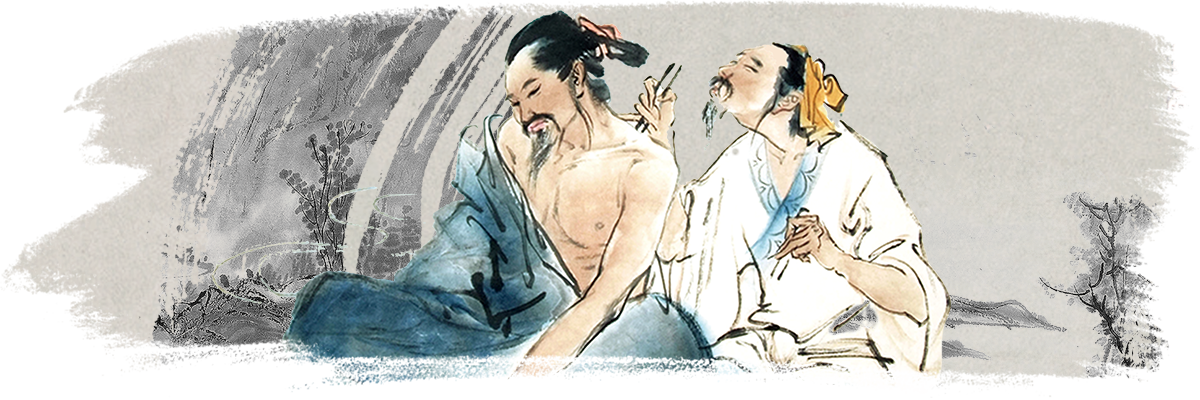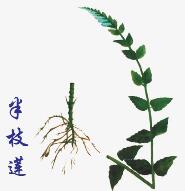Free&News

Can Ancient Herbs Treat Cancer? 2
Cohen‘s early observations about Banzhilian may have started out as a hunch, but they may hold up. In 1996, Cohen and Tagliaferri, along with Dr. Debu Tripathy, then a breast cancer specialist at the University of California, San Francisco, co-founded the Complementary and Alternative Medicine program at the university’s Carol Franc Buck Breast Care Center. Over the next several years, the trial amassed enough evidence about the herb’s anticancer properties- in lab tests of animals and breast-cancer cells, BZL 101 caused apoptosis or cell death, according to Tagliaferri- to get a green light from the FDA to begin clinical trials.
The researchers conducted PhaseⅠtrials at Buck and at the Cancer Research Network in Plantation, Fla. Their 21 participants had stage Ⅳ metastatic breast cancer, which had continued to progress despite an average of four rounds of standard treatment, including chemo and hormone therapy. The patients took 12g a day of Banzhilian, a dose that’s three times more concentrated than the amount found in a cup of brewed tea. After about a year, 25% of the patients saw stabilization in their disease for 90 days, and 19% for 180 days. The experimenters say BZL101 works by preventing cancer cells from undergoing glycolysis, a process of glycogen breakdown that accounts for as much as 85% of cancer cells’ energy supply.
In 2002, Tagliaferri and Cohen left Buck to establish Bionovo, where they began Phase Ⅱ trials of BZL101 in April 2006, expanding their studies to 10 hospitals and breast cancer centers, including the University of Chicago Medical Center, Duck University Medical Center and the M.D.Anderson Cancer Center in Houston. Bionovo expects the second phase of trials to conclude by early 2008.

International acupuncture education






